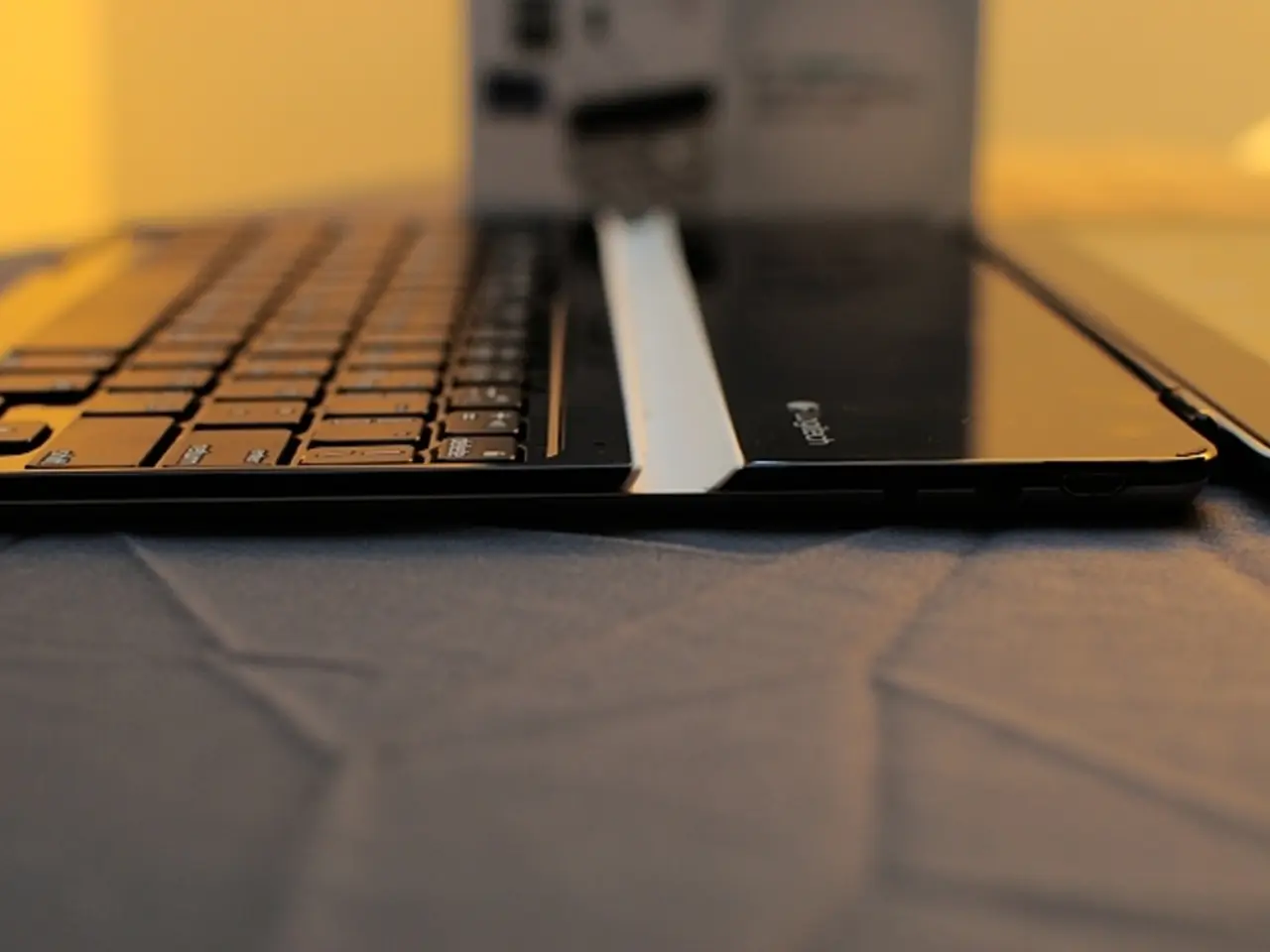Tenth Indicators Showing an Overabundance of Negative Individuals in Your Circle: Recognizing and Managing Them
For electrical engineering students seeking a laptop that can handle the technical demands of their coursework, we have compiled a list of top recommendations based on recent expert reviews. These laptops offer powerful processing, robust graphics, ample memory, speed, portability, and durability — all essential factors for a successful engineering journey.
The Dell XPS 16, MSI Cyborg 15, Asus ROG Zephyrus G14, and Dell XPS 13 (2025) are four standout models that cater to various needs and preferences.
The **Dell XPS 16** stands out for its strong all-around performance, premium build, vivid display, and excellent battery life. With an Intel Core Ultra processor, at least 16GB+ RAM, and SSD storage, this laptop is ideal for power users who require portability without compromising on performance [1][2].
If graphics-intensive tasks like 3D simulations or circuit design with GPU acceleration are a priority, the **MSI Cyborg 15** is a great choice. Equipped with an Intel Core i7-13620H processor, NVIDIA RTX 4050 GPU, and expandable RAM, this laptop offers robust power at a reasonable price [2].
For those who want a gaming-level powerhouse in a lightweight chassis, the **Asus ROG Zephyrus G14** delivers with an AMD Ryzen 9 HX 370 CPU, RTX 50-series GPU, and an OLED display. Although its battery life is shorter, carrying a charger is advisable for this ultra-portable powerhouse [4].
The **Dell XPS 13 (2025)** is great for students prioritizing battery life and premium portable design, but it has fewer physical ports and less GPU power compared to others [1].
All these laptops are durable and portable enough to carry around campus and handle the demanding software used in electrical engineering programs, such as MATLAB, Simulink, CAD tools, and circuit simulation software.
When choosing a laptop, it is essential to consider factors like battery life, raw performance (especially GPU), portability, and budget. Solid State Drives (SSD) offer faster data access, and a minimum of 256GB SSD or a larger capacity is advisable for storing projects and software. For mechanical and electrical engineering programs, laptops such as the Lenovo Legion 5, Dell Inspiron 15, and MacBook Pro with Intel i5 or i7 processors meet the rigorous software requirements.
Remember, your laptop is your primary tool throughout your education, and making an informed decision will contribute to a smooth and successful engineering journey. Consult with your program advisors or peers who are already deep into their coursework when in doubt.
[1] Tom's Guide: https://www.tomsguide.com/us/best-laptops,review-6417.html [2] Laptop Mag: https://www.laptopmag.com/best-laptops [3] Notebookcheck: https://www.notebookcheck.net/ [4] PCMag: https://www.pcmag.com/roundup/310177/best-gaming-laptops
The Dell XPS 16, with its strong all-around performance, premium build, and excellent battery life, can significantly enhance productivity and contribute to academic success by facilitating electrical engineering coursework.
The Asus ROG Zephyrus G14, with its gaming-level powerhouse capabilities, is ideal for students handling graphics-intensive tasks and demanding software, ensuring smooth and efficient education in electrical engineering.







